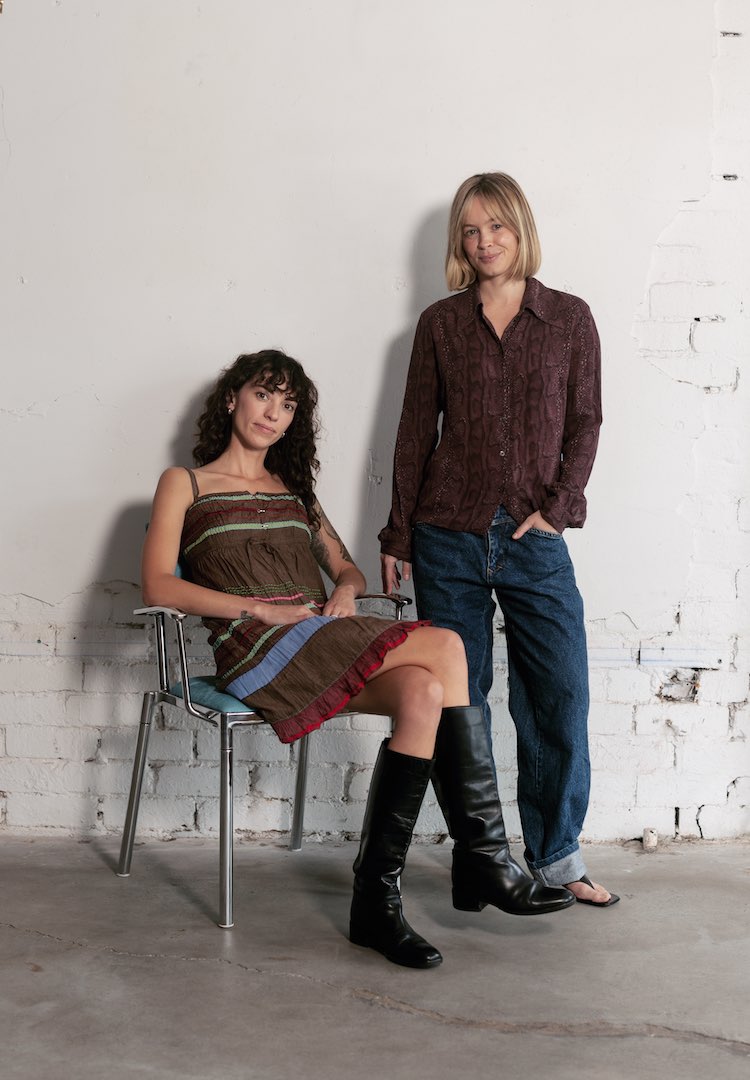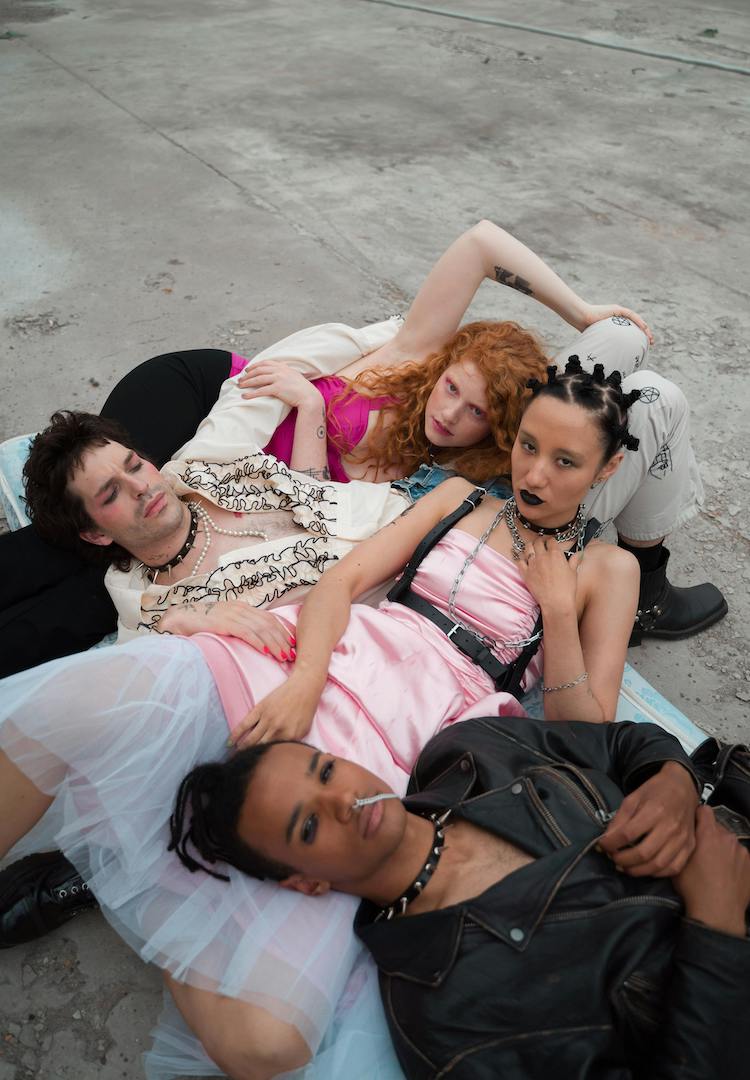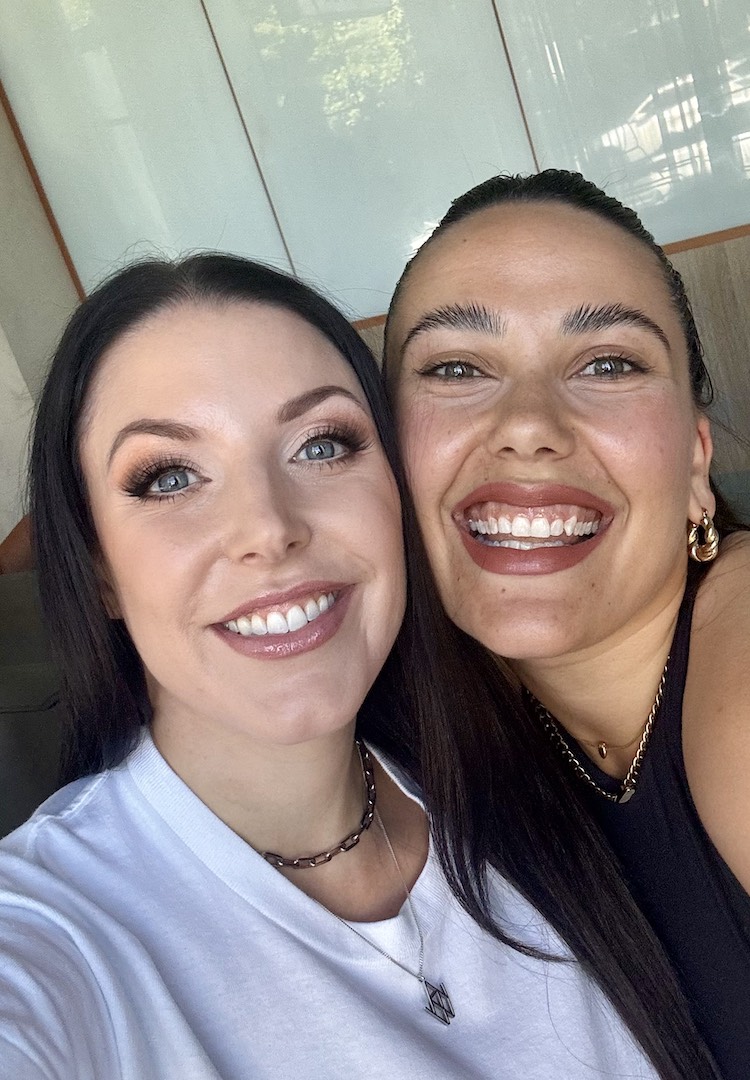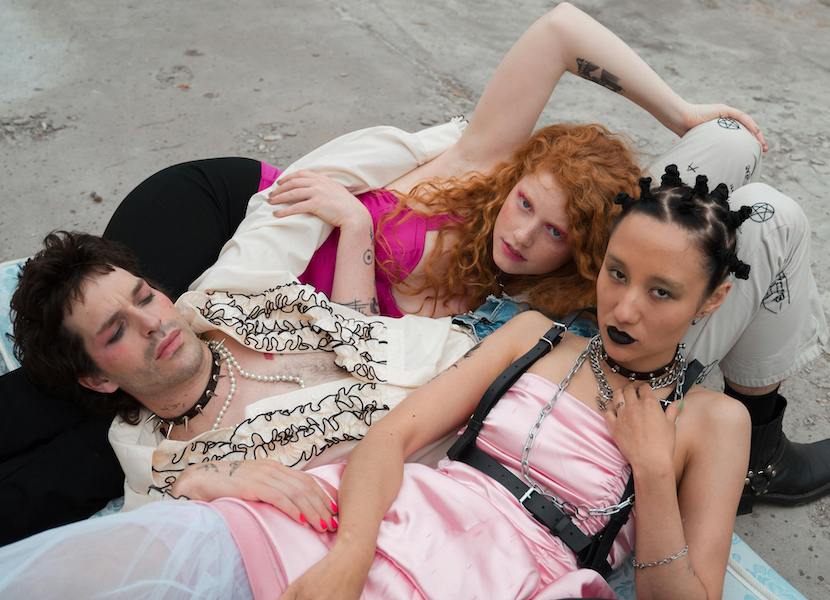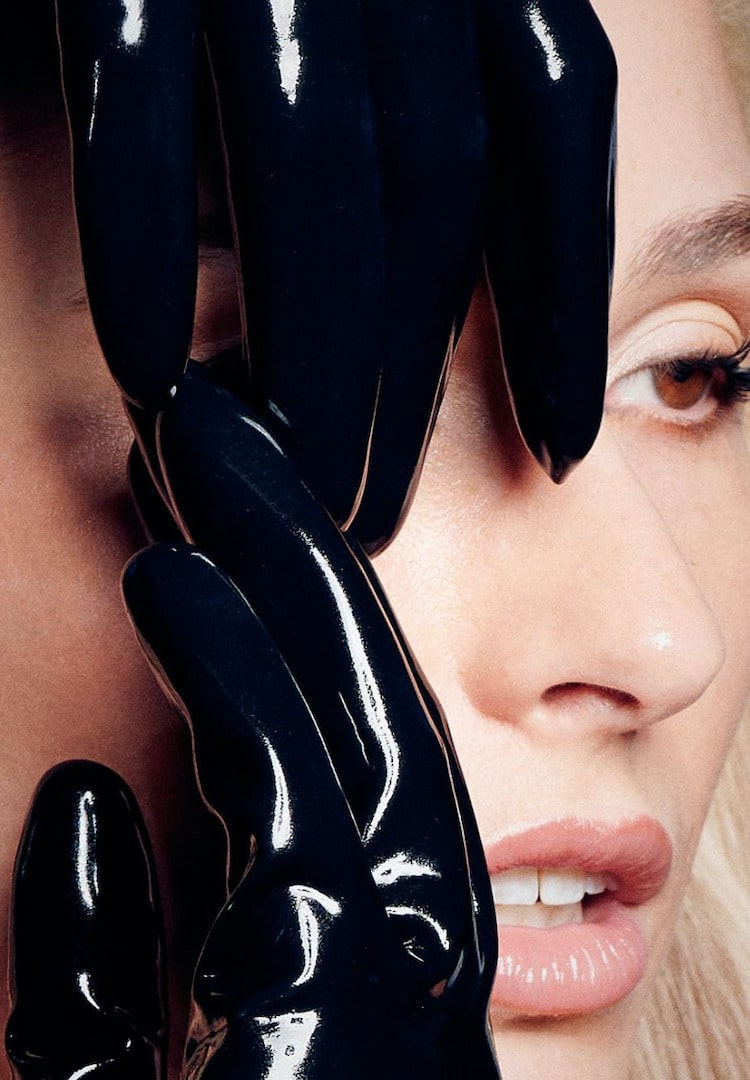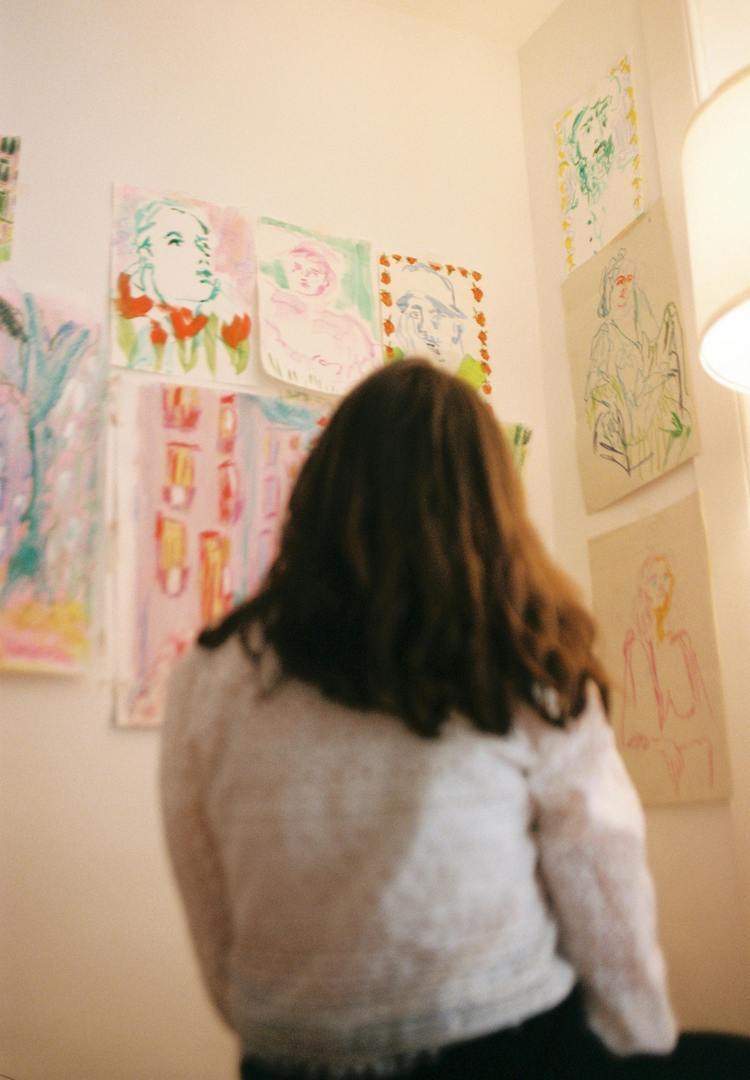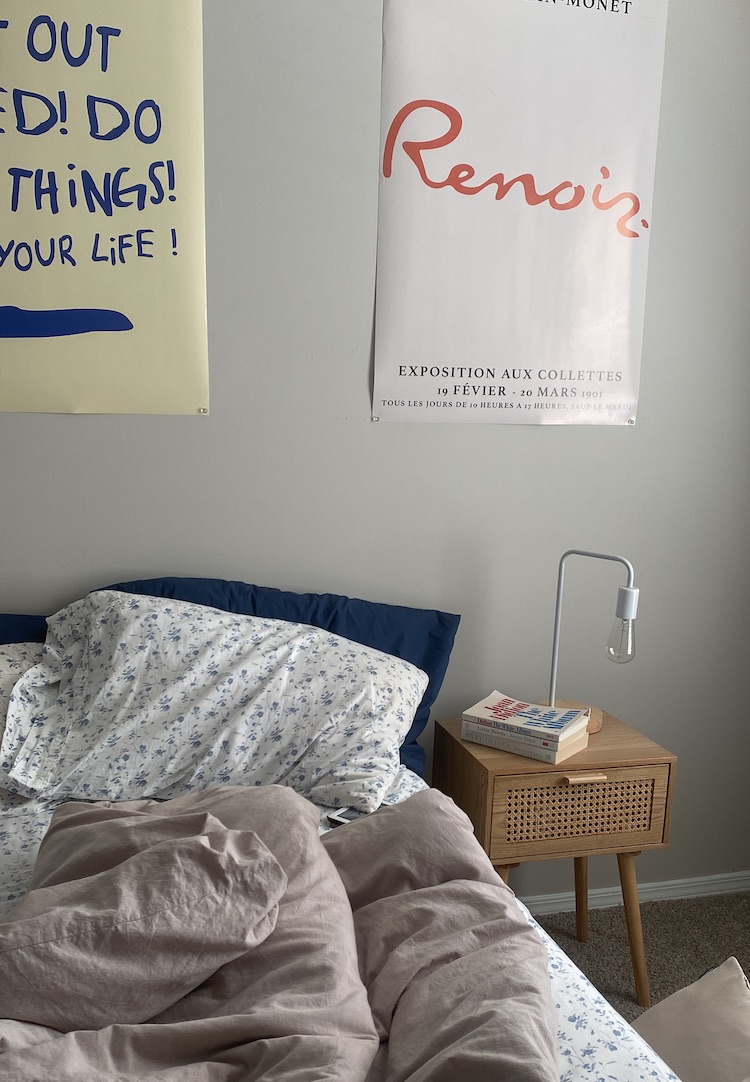What is ‘relationship anarchy’ and how can you make it work for you?
WORDS BY YASMIN GOWER
“Confronting the uncomfortable is how you can get to a place where you can really learn things about yourself.”
Navigating the intricate landscape of relationships often involves defining boundaries, setting priorities and balancing different connections. Due to the overwhelming number of labels used to describe different types of connections, sometimes it can feel as if there’s a right or wrong way to ‘do’ relationships.
This is where relationship anarchy comes in. First coined by Andie Nordgren in 2006, relationship anarchy (RA) is all about throwing the rule book out the window. While other relationship labels often consist of set rules and standards, relationship anarchists prioritise autonomy, mutual respect and individual agency.
For more content like this, head to our Life section.
The societal norms and expectations that often dictate how we should love and relate to others are set aside in favour of a more freeform approach. There are no set rules about what a partnership must look like or how relationships should unfold. Whether you’re living with multiple partners in a communal, ethically non-monogamous setting, co-parenting separately from a romantic partner, or forming deep connections with friends, RA allows for a diverse range of relationship dynamics.
As Maceo Keeling, the Growth Expansion Lead for Feeld, explains “We are conditioned from very early to understand and think about monogamy as our only option,” and RA is based on rejecting this notion.
No type of relationship is considered more important than another, rejecting the notion that romantic relationships are inherently more valid or important than platonic ones, and emphasising that all connections can be equally meaningful in their unique ways.
Love is abundant and can be accessed through a multitude of sources, and relationships are valued for what they are, instead of what they’re called. They’re approached with respect, instead of entitlement, and hierarchy is nonexistent.
When it comes to marriage, there seems to be a difference in opinion. While some believe RA can cover a wide range of different relationships, including married couples, others argue the institution of marriage is representative of the oppressive societal expectations people who practise RA are trying to escape.
In an interview with The Cut from 2018, relationship anarchist Kelli argues “the system of marriage is based on trading women for property, so it’s inherently not an anarchist establishment”. Their partner Aviva explains that “anything that is recognised by the state in that way, that is sanctioned by the state, and you get benefits from that, that’s a forced power imbalance”.
But RA is about the relationship between human beings, and not the technical definition of it. “There’s no one type of person practising RA. Everyone is different, and their needs in relationships and human connection vary,” Maceo tells me.
The one thing he believes is the key to a successful RA relationship is good communication – both with your partner/s and yourself, as “confronting the uncomfortable is how you can get to a place where you can really learn things about yourself through your more genuine interactions with other people”.
So who should practise relationship anarchy?
It’s not for everyone. Communication is key when engaging in RA because there’s a chance your boundaries will be tested, so establishing what those boundaries are is the best place to begin. Relationship anarchy was devised through out-of-the-box thinking, and exploring it requires the same mindset.
Maceo’s advice is to “start connecting with people who practice RA to merge your new learnings with your experiences. That could mean joining an open-minded app like Feeld where people seek alternative ways of dating and connecting, or coming to any of our IRL events across different cities. Find people to share your journey with to keep learning.”
At its core, RA is all about creating a system that works for you and your partner/s. It doesn’t matter how anyone else defines your relationship. Instead, your relationships are defined by you. By writing your own rules and ignoring societal pressures, you just might begin the greatest relationship of your life.
For more on relationship anarchy, try this.

